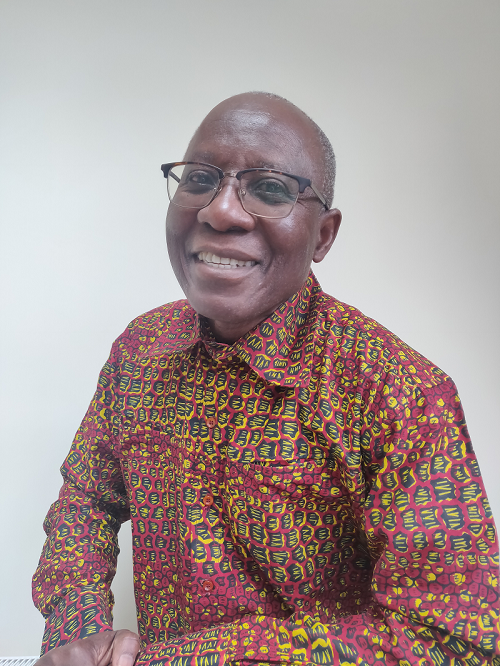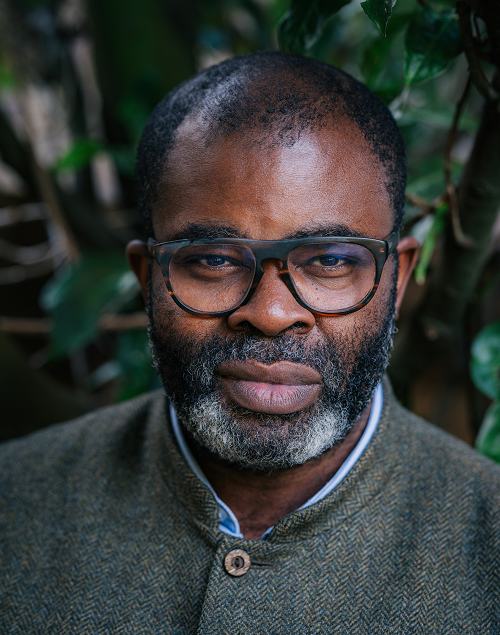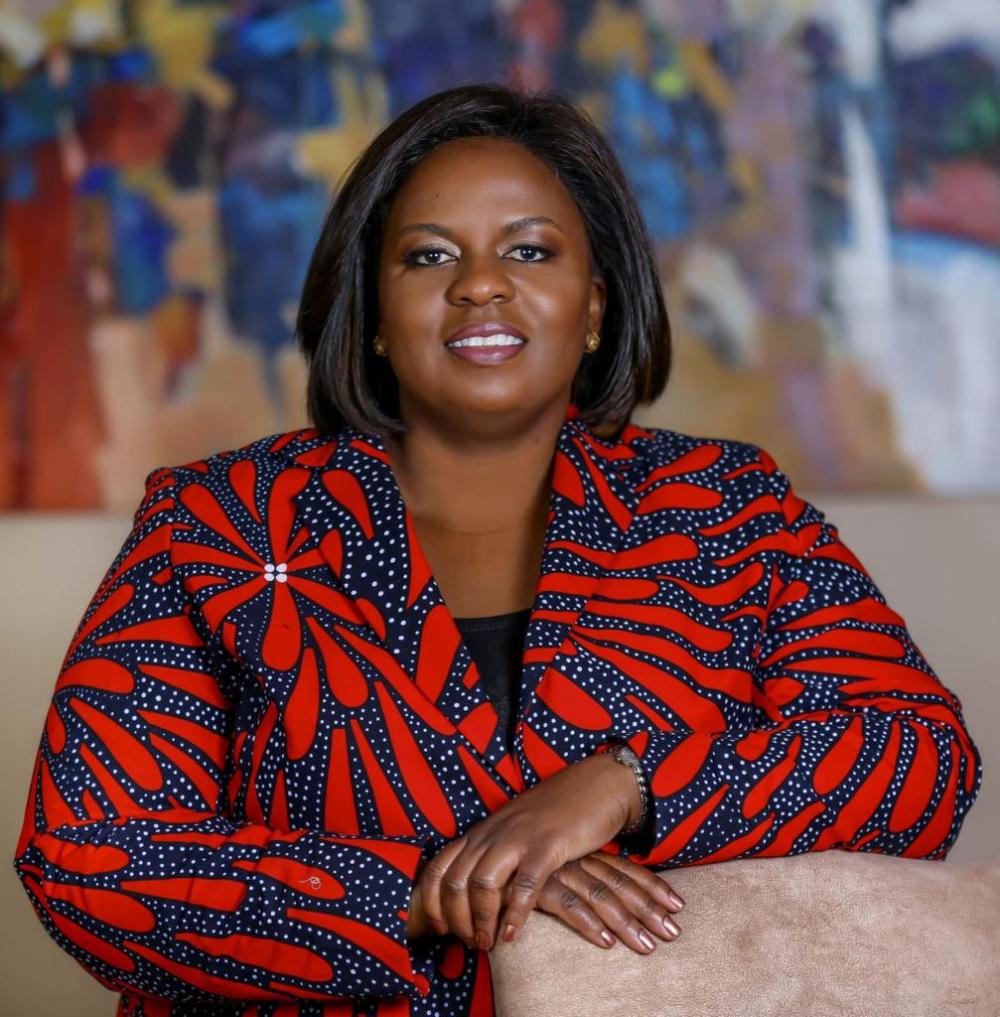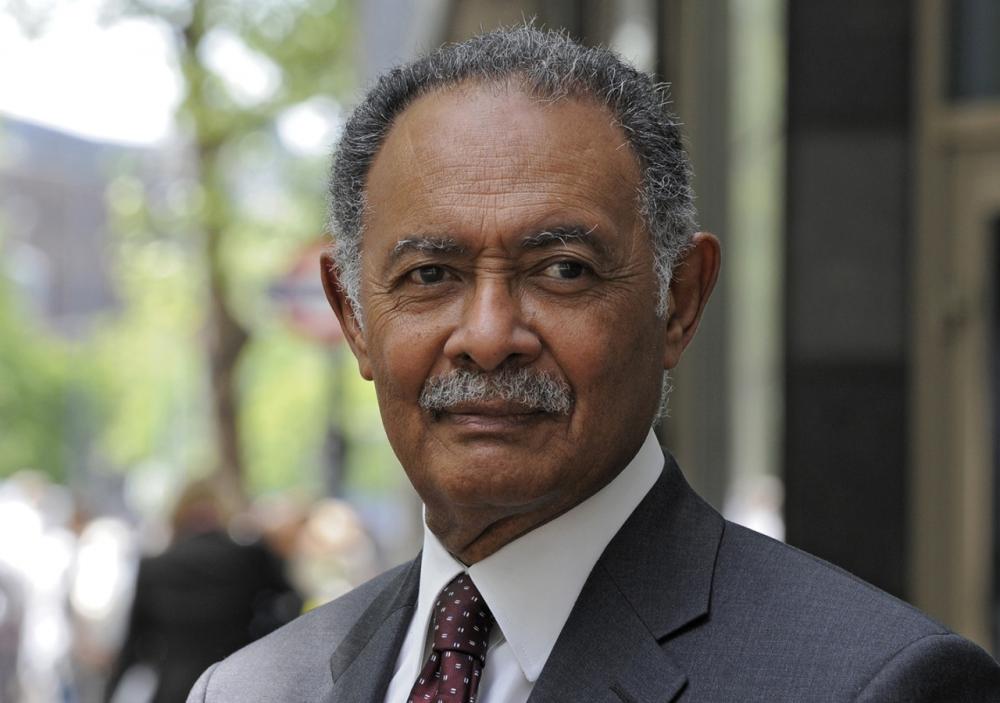Distinguished figures to be honoured at the 2022 winter graduation ceremonies
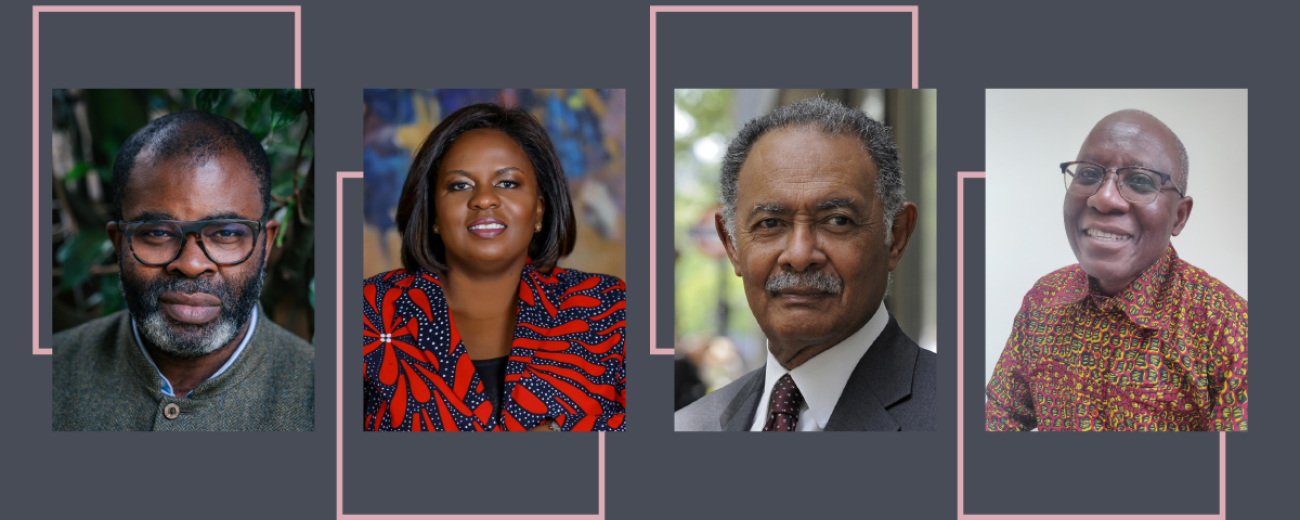

Exceptional figures from the African diaspora in social activism, linguistics and sustainable development are to be honoured during the winter graduation celebrations in early December.
The honoris causa - Latin for 'for the sake of the honour' waives all usual requirements of a degree to honour academics for their contribution to society.
SOAS Director, Professor Adam Habib said this winter’s honourees are notable figures with links to the African continent who have made a significant difference to society and changed perceptions within their fields:
“I am proud to celebrate the achievements of these honourees and welcome them to the SOAS community. They are admirable examples of figures with African heritage pushing for change in our ever globalised and complex world.”
This season’s honorary awardees include:
Akyaaba Addai-Sebo
SOAS is conferring an Honorary Doctorate of Literature in recognition of Akyaaba’s substantial contribution to pan-African activism, his role in developing the recognition of October as Black History Month in the UK and his numerous publications including Our Story: A Handbook of African History and Contemporary Issues, published following the first Black History Month in the UK.
In reaction to receiving the Honorary Doctorate, Akyaaba said:
"I am humbled by this honour as it is the discipline and scholarship of literature that has made me what I am. In my beginning was the word and it was the words my mother spoke and sang to me that started my literary journey from her womb."
Misan Harriman
SOAS is conferring an Honorary Fellowship in recognition of in recognition of Misan’s significant contribution as a campaigner for diversity and inclusion and his photographic work in representing contemporary protests, including the Black Lives Matter movement, women’s rights in Iran and Extinction Rebellion. Most recently he is using his camera to help bring attention to the hunger crisis in the Horn of Africa.
In reaction to receiving the Honorary Fellowship, Misan said:
“I am still dyslexic the boy who never believed I would amount to anything, to be honoured in this way by SOAS is beyond any hope I had for myself. Thank you for seeing me.”
Sanda Ojiambo
SOAS is conferring an Honorary Doctorate of Literature in recognition of Sanda’s substantial contribution to global sustainable development, through the NGO sector, the private sector and United Nations. Most recently, in her role as CEO and Executive Director of the United Nations, she has led the launch and execution of an ambitious strategy for private sector engagement in Africa's sustainable development.
In reaction to receiving the Honorary Doctorate, Sanda said:
“I am truly honored by this recognition by SOAS. I am a firm believer and advocate for sustainable development and I remain committed to working with stakeholders to create the Africa we want.”
Farouk Topan
SOAS is conferring an Honorary Fellowship in recognition of Farouk’s substantial contribution to the teaching and promotion of the Swahili language and literature and as a renowned Swahili author worldwide. SOAS recognises Farouk’s extensive work at the university, introducing and designing the MA African Studies course, the year abroad to East Africa and the digital Swahili manuscripts housed at the SOAS library.
In reaction to receiving the Honorary Fellowship, Farouk said:
"I feel honoured and humbled to receive the Honorary Fellowship from my alma mater, an institution which, from its inception, has had diversity at the centre of its academic endeavours. SOAS today is a microcosm of the world in the diversity of its student body."
The SOAS Winter Graduations will take place from 7-9 December in celebration of the classes of 2019, 2020 and 2021.
More about our December Honourees:
Akyaaba Addai-Sebo
Akyaaba Addai-Sebo is a pan-African activist who is responsible for the establishment of the month of October as a celebration of Black culture and history in the UK, known as Black History Month.
From 1992 to 1997, Akyaaba acted as a Special Peace Envoy for International Non-Governmental organisation, International Alert, where he facilitated and brokered peace between warring factions first in Liberia and then Sierra Leone to help bring both wars to an end.
Following this period, Akyaaba became Special Advisor to the Secretary-General of the Organisation of African Unity during the transition period of the Organisation of African Unity to become the African Union in 2001 to 2003. He also conceived and helped to establish the Eminent Persons Advisory Panel (EPAP) of the African Union now known as the Panel of the Wise.
Akyaaba was also the Senior Policy Advisor to the former London Strategic Policy Unit where he advised on key policy areas surrounding education, social welfare for young people, gender, the traveller community and for refugees.
In 2014, Akyaaba was the Executive Producer of the documentary film, One Humanity, which recounts the global solidarity campaigns to end the apartheid regime in South Africa leading to a free democratic state with Nelson Mandela as the first president in 1994.
He is now an independent consultant on preventive diplomacy and cultural synchrony in international development.
Misan Harriman
Photographer, entrepreneur and social activist Misan Harriman is one of the most widely-shared photographers of the Black Lives Matter movement. He is also the first black person in the 104 year history of British Vogue to shoot the cover of its September issue. In July 2021 he commenced his appointment as Chair of the Southbank Centre, London.
Misan’s strong reportage style and unique eye for narrative has captured the attention of editors and celebrities around the world. From documenting historic moments in history to photographing high profile celebrities, including Meghan Markle & Prince Harry, Angelia Jolie, Jay-Z, Tom Cruise, Julia Roberts, Giorgio Armani, Rhianna, Cate Blanchett and Olivia Colman, Misan is a photographer of extraordinary range.
His commissions include royal, private and high profile portraiture as well as reportage documenting and covering behind the scenes at major awards, music festivals and film sets. His striking images have featured in Vanity Fair, Vogue UK, Harpers Bazaar, People Magazine and The Telegraph among others.
Misan is an outspoken activist supporting Diversity and Inclusion in the workplace, he is also a mental health campaigner with a keen interest in Dyslexia and Neurodiversity.
He is the founder of What We Seee whose mission is to surface and amplify uplifting and inspirational stories in a curated stream of the best output from diverse voices, artists, archives and brands to raise the tone of cultural conversation.
In October 2022 he travelled to Somaliland to bring attention to the hunger crisis in the horn of Africa. He was also named as the new Ambassador for Save The Children.
Nigeria born, Misan was educated in England where he developed a life-long love for the arts. This led him to picking up a camera and honing his craft.
Sanda Ojiambo
Sanda Ojiambo is an ardent advocate for the role of responsible and sustainable business in delivering on purpose, principles, and profit. She is currently the Executive Director and CEO of the United Nations Global Compact and is an Assistant Secretary General.
Born in Kenya, Sanda has over twenty years of experience across Africa and globally, with a focus on sustainable development and sustainable business.
Sanda spent the first 11 years of her career working in the NGO sector, including CARE International Somalia, then moving on to UNDP Somalia. Sanda was part of the team that delivered Somalia’s first United Nations Human Development Report which was used extensively to guide development funding to Somalia; and starting up some of the first ever reproductive health programmes in underserved areas of the country.
Sanda moved to the IPPF Africa Regional Office, working on pan African programming that focused on women’s health and rights. She worked across 40 African countries, rising to the role of Director of Programmes for Africa.
In 2008, Sanda joined Safaricom Plc, a Kenyan mobile telecommunications company with a clear desire to drive corporate contribution to the development and sustainable business agenda through technology, innovation, and partnerships.
In her current role as Executive Director and CEO of the UN Global Compact, Sanda leads the world’s largest corporate sustainability initiative, building the strategic partnerships needed to drive impact and advocacy at local and global levels for the private sector. She advises the UN Secretary-General and the Deputy Secretary-General on the contributions of the private sector to the 2030 Agenda for Sustainable Development, on the engagement of the UN with business and the private sector.
Farouk Topan
Farouk Topan is Professor Emeritus at the Aga Khan University. He is an alumnus of SOAS, enrolling at the university in 1962 and later graduated with both BA and PhD degrees. He introduced the teaching of Swahili Literature at the Universities of Dar es Salaam and Nairobi in 1968 and 1972 respectively, courses that resulted in the publication of two volumes that initiated the practice of literary criticism using Swahili. This has grown into a discipline with its own terminologies and literary discourse. Topan was also a founding member of the Department of Swahili (1970) at Dar es Salaam and its first Head.
Professor Topan rejoined SOAS as a lecturer in 1993 and served the Department of Africa until his retirement in 2006. He introduced the Year Abroad Programme for students of Swahili, the MA degree in African Literature, and, together with Professor Graham Furniss, they obtained a grant from the Leverhulme Trust that enabled the digitization of Swahili manuscripts and their availability online.
Professor Topan’s post-retirement activities included teaching at the Aga Khan University’s Institute for the Study of Muslim Civilisations where he was previously the Director from 2009-2012.
Professor Topan’s research interests and publications are in the fields of Swahili language, literature and identity; Islam in East Africa; spirit possession. He is also a writer of Swahili fiction: he has published several short stories and two of his plays have been part of the school curriculum in Tanzania.
